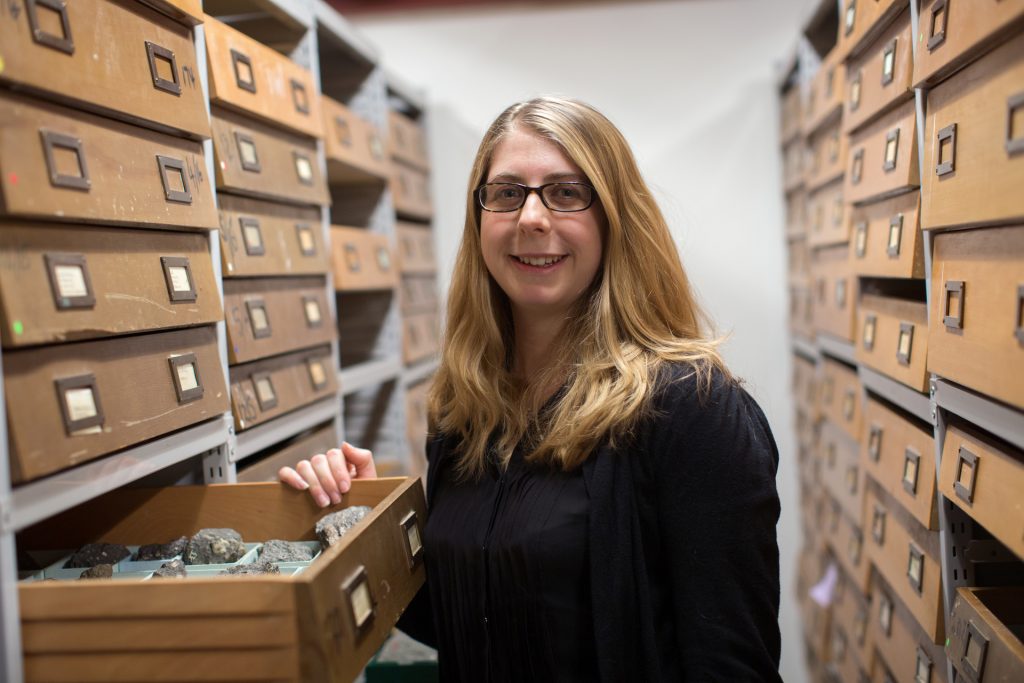“My research involves investigating how continents rip apart to form new oceans, and what controls the size and style of earthquakes at subduction zones.”
My road to Imperial started with a childhood interest in picking up pebbles on the beach and making plaster cast fossils with my dad. At school I enjoyed maths, physics and chemistry, but did not enjoy any of them enough on their own to commit to doing them at university!
Fortunately, one day I sat in my school’s library and discovered a subject called Earth Science in a university prospectus. I had never heard of it before, but it fit all of my interests perfectly, and I have never looked back.
I graduated from the University of Oxford with a degree in Earth Science and then went on to do a PhD at the University of Southampton. I moved to New Zealand after my PhD to work for a company called GNS Science who monitor geohazards in New Zealand.
Although living in New Zealand was amazing, after two years I wanted to move back to the UK to be closer to my family. I came to Imperial almost 10 years ago as a Post-Doctoral Research Associate, and since then have moved from Fellow to Senior Lecturer.
As a Senior Lecturer, my job role involves conducting research, teaching and being involved in various committees which help the department function. My research involves investigating how continents rip apart to form new oceans and what controls the size and style of earthquakes at subduction zones. I am in the process of developing my own research group who will specialise in imaging what the guts of subduction zones look like, to try and understand why some subduction zones slip in large magnitude 9 earthquakes and create devastating tsunami, and why other subduction zones slip slowly.
My job involves using sophisticated software, coding, writing, producing illustrations, teaching others, developing strategies for the department, digging holes to deploy seismometers, talking to the public about science and much more. Sometimes, trying to juggle all of these roles can be overwhelming, but there is certainly no opportunity for getting bored! I feel very privileged that my key job is to discover something new and interesting about the earth on which we live.
Imperial students are among the most motivated and engaged I have ever come across. It is really a joy to teach them in the classroom and supervise their research projects. Academics at Imperial are really lucky to have the opportunity to work with such talented students, and they really help us drive our research forward.
The highlight of my career has also probably been the greatest challenge! Since 2011, my international colleagues and I tried to raise funds to collect new data across a subduction zone in New Zealand to produce high quality images and also to drill into the subduction zone to take samples and install instruments. For such an ambitious and expensive project to happen, it required scientists from a number of different countries to all have their proposals funded by research councils. There were lots of moving parts and all of them had to be successful for the project to happen.
It took many years with disappointments along the way but in 2017-18, all of the projects we planned ended up going ahead. This led to me spending four months in New Zealand. Two months leading the deployment of 200 seismometers (over Christmas and New Year, so I was not very popular at home…) and two months on-board a drill ship.
At work I spend a lot of time at the computer, so in my spare time I like to do creative things with my hands. I find this is a good way to switch off and reset at the end of the week. I am happiest when throwing paint at a canvas, or trying out some recipes.
